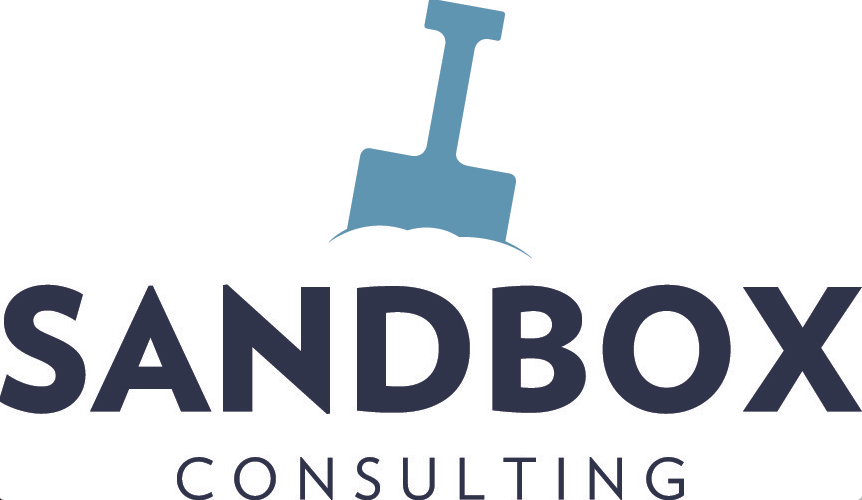
10 Jan Between Stimulus and Response Lies A Choice
I first encountered Viktor Frankl in a high school ethics class, in which his book, Man’s Search for Meaning, was required reading. In this memoir, published in 1946, Frankl relates his experience and reckoning with life and death in an Auschwitz concentration camp. From time to time, I pick up my tattered and marked-up copy of Man’s Search for Meaning, and am reminded how lasting Frankl’s insights are for leading a meaningful and considered life. The quote that has been most profound for me of late is this one:
Between stimulus and response there is a space. In that space is our power to choose our response. In our response lies our growth and our freedom.
I have been sharing this quote with several of my coaching clients, as we work through the choices that these leaders face. Every minute of every day, we are faced with choices of how to respond to the stimuli around us. Some of these choices are big, some of them are small. Do I go to the gym this morning or this afternoon, or skip it all together? Do I respond to this “annoying” email now, later or never? At times, we don’t even get to the point of framing the question and the associated options; we just act. We respond by habit. Some of these habits serve us well, others perhaps, are a bit of a liability. While the context of Frankl’s writing is about big choices of morality, his ideas have application for the mundane and everything in between.
My coaching clients often process their workplace conflict issues with me. Conflict can have profound impact on the leader’s confidence, focus, and ability to lead teams. Our responses in conflict are often of a habitual nature – we respond to situations without taking the time to fully consider our response. And, sometimes we create a bit of a mess for ourselves when we say or do something that is ill-considered. Or not considered at all. As Frankl points out, we have the power to choose how to fill that space between stimulus and response. The trick in creating that space, is to hit the pause button, to allow ourselves the time for consideration. In conflict, time has a way of moving at warp speed, so we have to be on our game to stay out of the mess. You know the scenario: Someone says something or makes a gesture, and we are triggered into action (fight, perhaps) or inaction (flight or freeze). And, before that action, we do a quick run-through of a story in our head about the “other” person’s motivations or their character. We judge them and perhaps ourselves. The story we have concocted unleashes an array of emotions in us (fear, anger, anxiety), and BAM, before we know it, out pops the response. If only we had hit pause. We may still have chosen to act in the way that habit led us to act. But, perhaps not. The learning, or the growth, comes through the process of considering our story-making, our emotions and our actions. And, when we are able to create the space for considered response, we grant ourselves the freedom to be the person that we want to be – in that moment and beyond.

Sorry, the comment form is closed at this time.